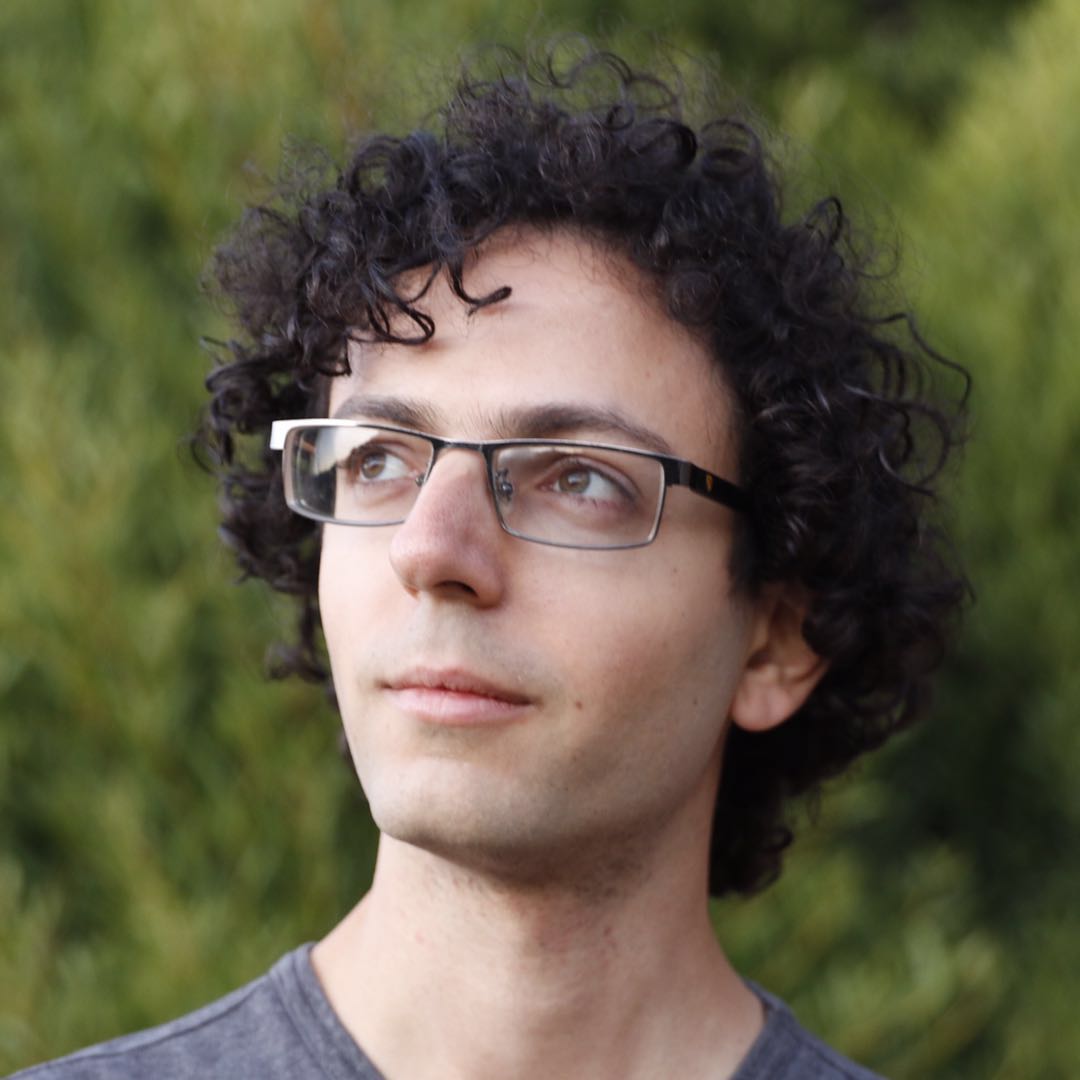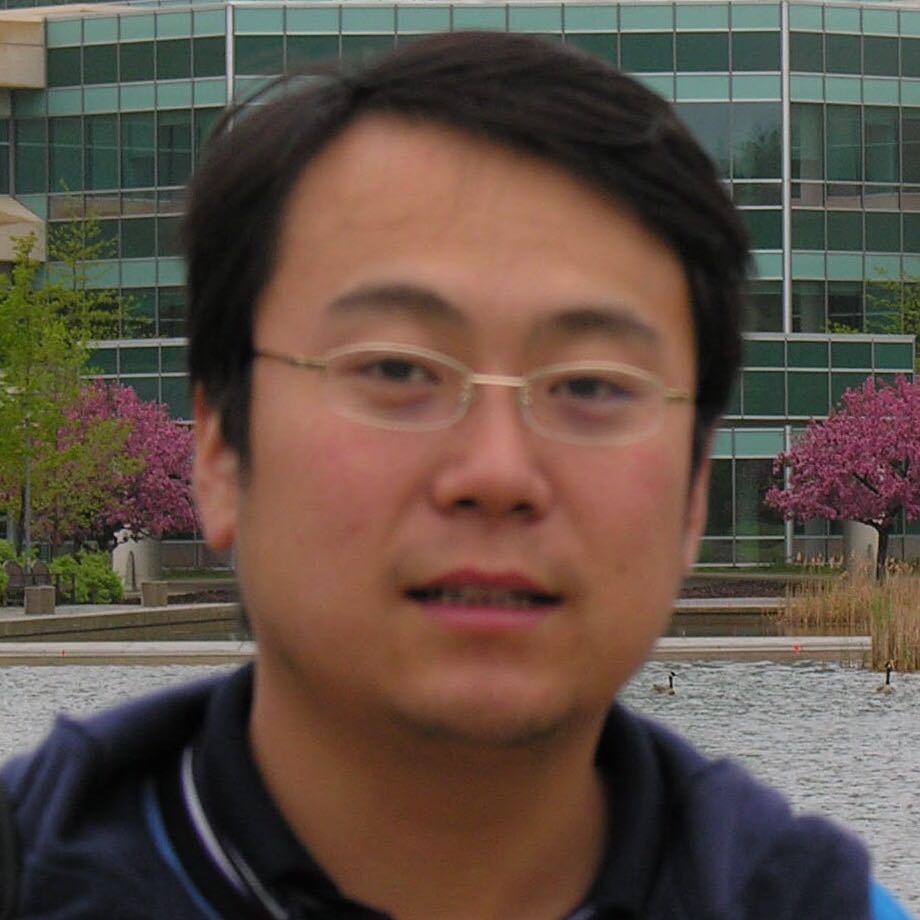Speakers

Jeff Jaffe
CEO
World Wide Web Consortium (W3C)
Dr. Jaffe holds a BS in Mathematics and an MS in Electrical Engineering and Computer Science in addition to his Doctorate from the Massachusetts Institute of Technology. After receiving a Ph.D. in computer science from MIT in 1979, Jeff joined IBM's Thomas J. Watson Research Center. During his tenure at IBM, he held a wide variety of technical and management positions, including vice president, Systems and Software Research, corporate vice president of technology, and general manager of IBM's SecureWay business unit, where he was responsible for IBM's security, directory, and networking software business. Jeff then served as president of Bell Labs Research and Advanced Technologies, where he established new facilities in Ireland and India, and served as chairman of the board of the New Jersey Nanotechnology Consortium. Most recently, Jeff served as the Executive Vice President and Chief Technology Officer for Novell. He was responsible for Novell's technology direction, as well as leading Novell's product business units. Jeff was appointed by President Bill Clinton to serve on the Advisory Committee for the Presidential Commission for Critical Infrastructure Protection. He has also chaired the Chief Technology Officer group of the Computer Systems Policy Project, and has served on the National Research Council's Computer Science and Telecommunications Board. He is a Fellow of ACM and the IEEE.
Abstract
Innovative Standards for a New Web
Complementing the conference theme of "a new web", this talk focuses on standards opportunities and challenges for the new web. After all, we certainly need to sustain the principle of interoperability that forms of the foundation of today's web. This talk explores new standards needs for the new web. Some of these relate to social needs of the web: security, privacy, internationalization, and accessibility. Others relate to the richness of the web: apps, immersive, highly interactive, data frameworks. Finally, others relate to e-commerce needs that are driving new requirements on the web.
Slides: [PDF]

Tab Atkins Jr
Web Standards Hacker
Google (Chrome Team)
Tab is a Web Standards Hacker on the Chrome team at Google, and has been writing specs for CSS and other web tech for over a decade.
Abstract
Houdini: The Future of CSS
CSS has produced many wonderful abilities for web developers, but it's always been limited strictly to what the CSS Working Group defined for it. Web authors have been very clever in remixing those abilities to achieve wonderful things, but it's still fundamentally limiting. "Houdini" is the project in the CSSWG to make CSS extensible via JavaScript, so that authors can define their own functionality, within CSS, without waiting for us in the CSSWG. This talk will cover the current Houdini specs being implemented and shipped today, and give a glimpse of what's coming in the future.
Slides: [HTML]

Arnar Birgisson
Researcher
Google(W3C)
Arnar works on cryptographic authentication and authorization protocols at Google, and their applications to address credential theft and phishing. He's been an active contributor to W3C and FIDO standards since joining Google in 2013. He holds a PhD in programming-language based security from Chalmers University of Technology in Gothenburg, Sweden.
Abstract
WebAuthn: Strong, Usable and Standardized Authentication
The W3C WebAuthn API enables websites to preform strong, phishing resistant authentication through trusted devices owned by the user. It allows for the incorporation of new authentication factors, such as device possession and biometrics, whether they are additional factors in multi-factor flows or components of entirely passwordless flows.
In this talk we'll do an overview of the API and its companion FIDO specifications, focusing on the use cases they enable. We'll also consider some lessons learned through their adoption at Google, look towards the future of the spec implementation and leave open questions for what's next.

Peter Snyder
Privacy Researcher
Brave Software
Pete Snyder is the Privacy Researcher at Brave Software, where he works on new and novel ways to improve privacy and security on the web. He is also Brave's AC at W3C, where he works to improve privacy in web standards. Before joining Brave, he got his PhD in the Computer Science from the University of Illinois at Chicago. Besides web privacy work, he likes discussing math-rock, chip tunes, and Chicago politics.
Abstract
Brave, Privacy and Standards
Web standards play a large role in deciding how private the web can be. A standards process that holds privacy as a core value can help protect web users from privacy violations, and can strengthen interest in the web as a first-tier application platform. Unfortunately, the current standards process falls short of this goal.
In this talk, I'll discuss why privacy is important at Brave, and some places where web standards have made privacy difficult. The talk will give concrete examples of standards (new and old) that make web privacy difficult, as well as identify common "anti-patterns" in standards work that frustrate privacy improvements. I end with three suggestions for changes in the standardization process that would improve web privacy.
Slides: [PDF]

Aviv Ovadya
Thoughtful Technology Project
Aviv is the founder of the Thoughtful Technology Project, and is also a non-resident fellow at the German Marshall Fund's Alliance for Securing Democracy. Aviv has been involved in raising the alarm and addressing online and AI driven misinformation since before the 2016 US election and his efforts have been covered by major news organizations across five continents.
He received his B.S. and M.Eng. degrees in computer science at MIT, and worked and consulted in Silicon Valley before becoming the founding Chief Technologist at the Center for Social Media Responsibility at the University of Michigan. Aviv was also a founding member of the Credibility Coalition, consulted for Snopes, and was a Knight News Innovation Fellow at the Tow Center at Columbia University.
Abstract
Building a Credible Web — Fighting Misinformation with a Data Ecosystem
In recent years, the global threat of disinformation attacks (e.g. in elections) and more passive misinformation dangers (e.g. around vaccines) has become clear. The W3C Credible Web Community Group has been examining what technology and standards can do to help.
We frame the problem in the Web context like this: the user, at their browser, needs to decide how much to trust online content. Various systems can help with the frequent mental credibility assessments: the website being visited, any intermediate sites (news feeds, search engines), and the browser itself. These systems can give the user more information and cross-validate information, as well as analyze it and output the results.
The group's work is largely in understanding what kind of data might signal high or low credibility and helping that signal data be generated and exchanged in a partially-open data ecosystem. This talk will describe the group's results so far and its strategy going forward with an eye toward how people can get involved.
Slides: [HTML]

Andrew Shikiar
Chief Marketing Officer
FIDO Alliance
Andrew Shikiar is the Chief Marketing Officer at [FIDO Alliance](http://www.fidoalliance.org), a global consortium working to create open standards and an interoperable ecosystem for simpler, stronger user authentication. He has deep experience in multi-stakeholder organizations, having previously led market development efforts for Tizen Association, LiMo Foundation and Liberty Alliance Project – and also helped structure and launch groups such as the Smart TV Alliance and Open Visual Communications Consortia.
Shikiar additionally has held executive and managerial roles driving a variety of emerging initiatives at leading technology companies. Managerial roles at Sun Microsystems included PR and marketing leadership for the company's Java and identity management initiatives at their inception. Andrew was also a founding executive at Radical Communication, an early entrant in the interactive email & analytics market . Most recently, Andrew served as VP of Marketing & Business Development for machine learning pioneer BigML.
LinkedIn: https://www.linkedin.com/in/andrewshikiar
Twtter: @andrewshikiar
Abstract
FIDO2: A Web Without Passwords
A web without passwords is within reach thanks to a new FIDO2 standards. FIDO2 open standards, developed by the FIDO Alliance in partnership with W3C, allow the consumer electronics industry to build support for easy-to-use, phishing-resistant FIDO authentication directly into their products and platforms. Including the passwordless and second-factor use cases from first generation standards FIDO U2F and FIDO UAF, FIDO2 provides the end-to-end interoperability between devices and online services needed to finally put us past the “shared secret” model of authentication for good.
Andrew Shikiar of FIDO Alliance will provide an overview of the FIDO2 vision and where adoption is to date, including the status of three critical pieces needed for adoption at scale: browser and platform support; supporting products and certification programs; and rollout by online services. While passwords will be around for a while, attendees will come away from this session understanding why and how they will begin to disappear.
Slides: [PDF]

Hongru (Judy) Zhu
Senior Director of Standardization Department
Alibaba Group
As the Senior Director of Standardization Department in Alibaba Group, Judy (Hongru) Zhu is responsible for standardization-related activities across Alibaba Group. With 18 years of professional standardization experiences, Judy has served as a number of leadership positions in various international and national standard organizations, such as ISO TC154 Chair, W3C Advisory Board member, FIDO Board Member, 3GPP and CCSA TC11 Vice Chair etc.
While serving as W3C Advisory Board member in W3C since 2015, Judy has been actively engaging, contributing and pushing the strategic discussion in the Advisory Board with great passion to make W3C a better place for the global Web community to work on Web standards. Also, she devotes herself into the discussion and contribution in the areas of improving globalization, Accessibility standards implementation, exploring IoT security opportunities, introducing Web Payment practices from China etc.
Recently, Judy actively works with Chinese industry to bring their practices and standardization proposals about Mini App to W3C, which has great potential to trigger another wave of Web-standard-based innovation.
Abstract
MiniApp & Web
Mini App as a new form of application has been raising quickly in the Internet market in countries like China. Leveraging the advantages of both Web application and native application, Mini Apps run on the platforms of certain super native applications with Web standards as some basic elements. As the Mini App market grows, better compatibility, interoperability and development efficiency are needed by the industry. And standardization of the Mini App technologies can be an effective solution. Also, a Mini App ecosystem based on standards might trigger another round of innovation for Web, since Mini App itself has the good potential to be another powerful carrier for the Web content. Mini App scenarios, use cases, standards requirements and thoughts of the future of Mini App and Web will be presented accordingly.

Ivan Herman
W3C Fellow
Centre for Mathematics and Computer Sciences (CWI)
Ivan joined the W3C team as Head of Offices in January 2001. He served as Head of Offices until June 2006, then as the Semantic Web Activity Lead until December 2013 and then, finally, as the Publishing@W3C Technical Lead. He is currently a W3C Fellow for CWI, member of the W3C Strategy as well as the Technical & Architecture teams as focusing on Digital Publishing and (in the T&A team) on of Web of Data related activities.
Ivan graduated as mathematician at the Eötvös Loránd University of Budapest, Hungary, in 1979. After a brief scholarship at the Université Paris VI he joined the Hungarian research institute in computer science (SZTAKI) where he worked for 6 years. He left Hungary in 1986 and, after a few years in industry, he joined the Centre for Mathematics and Computer Sciences (CWI) in Amsterdam where he has held a tenure position since 1988. He received a PhD degree in Computer Science in 1990 at the Leiden University, in the Netherlands.
His professional home page contains a list of his publications and details of the various R&D projects he participated in. You can also look at his personal personal home pages.
Abstract
Graph Data: RDF, Property Graphs
W3C held a workshop on Web Standardization for Graph Data in March 2019, in Berlin, Germany. The workshop focussed on different areas: what role do Property Graphs play and how do they relate to RDF; and what are the possible changes, improvements, etc, that are necessary for RDF to make it better suited for Graph Data in general. This presentation will give a quick overview of what happened at the Workshop and what the future plans are at W3C to address the relevant issues.
Slides: [PDF]

Richong Zhang
Associate Professor
Innovation Center of Big Data and Brain Computing (BDBC), Beihang University
Richong Zhang received his B.Sc. Degree from Jilin University, Changchun, China, in 2001. In 2006, he received his M.Sc. degree from Dalhousie University. In 2011, he received his Ph.D form the School of Information Technology and Engineering, University of Ottawa. He is currently an associate professor in the School of Computer Science and Engineering, as well as the Innovation Center of Big Data and Brain Computing (BDBC) at Beihang University. His research interests include web data retrieval, machine learning, web data mining and their applications in natural language processing, recommender systems and knowledge graph.
Abstract
Web-based Knowledge Extensions
Knowledge bases, such as YAGO, DBpedia and Freebase, have seen explosive growth in many application domains. As most of knowledge bases are extracted from human-edited knowledge sources, the data integrity therein is hardly guaranteed and the information contained in the knowledge bases is expected to be far from complete. This makes knowledge extention a particularly important task. In addition, these existing knowledge bases contain sparse linkage connectivity, which poses severe challenge to link prediction between entities. To cope with such data sparsity issues, one needs to leverage model with low complexity to avoid overfitting the weak structural information in the graphs, requiring the simple model efficiently encode the entities and their description information and then effectively decode their relationships. In this talk, we will introduce our recent proposed knowledge extention techniques, which have improved the knowledge extention performances on real-world knowledge base datasets, and then discuss the challenges of existing web standards when facing this knowledge extension, schema merging and knowledge based applications.
Slides: [PDF]